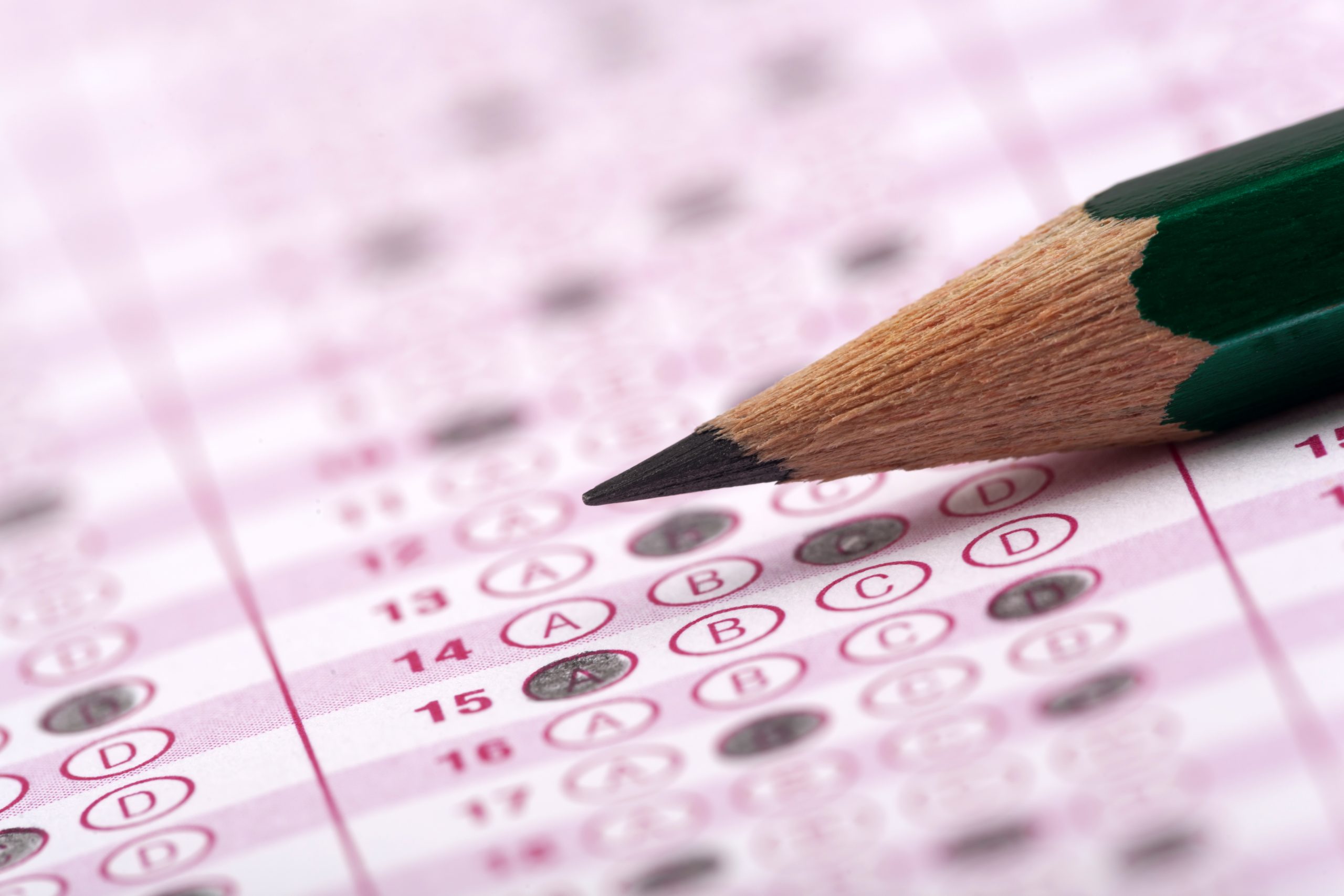[broadstreet zone=”53230″]
MALDEN – Massachusetts ranks first in the nation for the percentage of the graduating high school seniors that scored a 3 or higher on an Advanced Placement (AP) exam, according results released by the College Board today, April 1.
Approximately 43 percent of students who graduated from Massachusetts public schools in 2021 took at least one Advanced Placement exam while in high school, and 31.1 percent of the graduating class – approximately 21,000 students – scored a 3 or higher.
In 2021, 2020, 2018, and 2016, Massachusetts’ graduating classes have had the nation’s highest percentage of students scoring a 3 or higher on at least one AP test.
A score of 3 or above on an AP exam shows a student’s capability to complete work for an introductory college-level course in that subject area, according to the College Board.
[broadstreet zone=”54526″]
“These are impressive results and demonstrate the strength of the schools, students and teachers in Massachusetts who tackle these challenging courses every year,” said Governor Charlie Baker. “We hope that this success will inspire other students and encourage enrollment in AP coursework and early college courses.”
“We are proud of the Massachusetts Class of 2021 for once again leading the nation in Advanced Placement exam performance,” said Lt. Governor Karyn Polito. “These results are a credit not only to the Commonwealth’s students, but to the dedicated educators and families supporting them.”
Results for the Class of 2021 showed lower participation in Massachusetts and nationally, but the number of low-income students in the Commonwealth who took an AP test continued to grow. More than 7,500 low-income members of the Class of 2021 took at least one AP exam in high school. That number is the highest it has been during the past 10 years and is double the number of low-income students in the Class of 2011 who took an AP exam.
In recent years, Massachusetts has increased the number of students who qualify for a subsidy for the exam fee, and a subsidy is available to any low-income student for whom the fee is an obstacle.
[broadstreet zone=”58893″]
In addition, DESE expanded the number of Massachusetts high schools that offer one or more AP courses in the fields of science, technology, engineering and mathematics.
Through the STEM AP Access Expansion Opportunity, DESE partners with VHS Learning to increase schools’ capacity to offer advanced coursework and improve equity in STEM AP course taking.
The project, which gives students the change to take AP courses online for free, is funded by a five-year, $9 million grant that DESE received from the U.S. Department of Education in 2020. Public high schools interested in the program are encouraged to reach out to DESE, as there are still slots in free courses available for the 2022-23 school year.
“All students should have the opportunity to challenge themselves with advanced courses,” said Secretary James Peyser. “Whether it’s AP courses, early college, or through an Innovation Pathway, advanced classes can help keep students engaged and put them on the path to college.”

“It’s wonderful to see students’ and teachers’ commitment to this challenging coursework,” said Elementary and Secondary Education Commissioner Jeffrey C. Riley. “I hope schools will continue to find ways to add engaging, rigorous classes that prepare students for life after high school.”
Over the past 10 years, the percentage of U.S. public high school graduates who took an AP Exam during high school has increased, as has the percentage of U.S. public high school graduates who scored a 3 or higher on at least 1 AP Exam.
The growth in both participation and performance for students from all backgrounds reflects the hard work of students and teachers, as well as a commitment from states and districts, to provide students with greater access to academic opportunities.
- Amid disruptions caused by the pandemic, 1,178,256 U.S. public high school graduates in the class of 2021 (34.9%) took at least 1 AP Exam, up from 898,134 (28.6%) in the class of 2011.
- 758,842 U.S. public high school graduates in the class of 2021 (22.5%) scored a 3 or higher on at least 1 AP Exam, up from 539,341 (17.2%) in the class of 2011.
[broadstreet zone=”59947″]
Students take AP courses in high school, in part, for the chance to earn college credit and placement from a score of 3 or higher on an AP Exam.
New data show the benefits of taking AP courses and exams, including for students who score a 1 or 2.
- AP students from all backgrounds, including those with average scores of 1 or 2, are more likely to enroll in a four-year college compared to academically similar students who did not take AP.
- Students who earn AP scores of 2 are well prepared to succeed in introductory college courses. Students who earned scores of 2 on AP Exams perform as well or better in introductory college courses, compared to academically similar college peers who did not take AP.
- Many students who first score a 1 or 2 on an AP Exam take further AP courses and score higher.

In full transparency, Portions of this report come from multiple press releases

